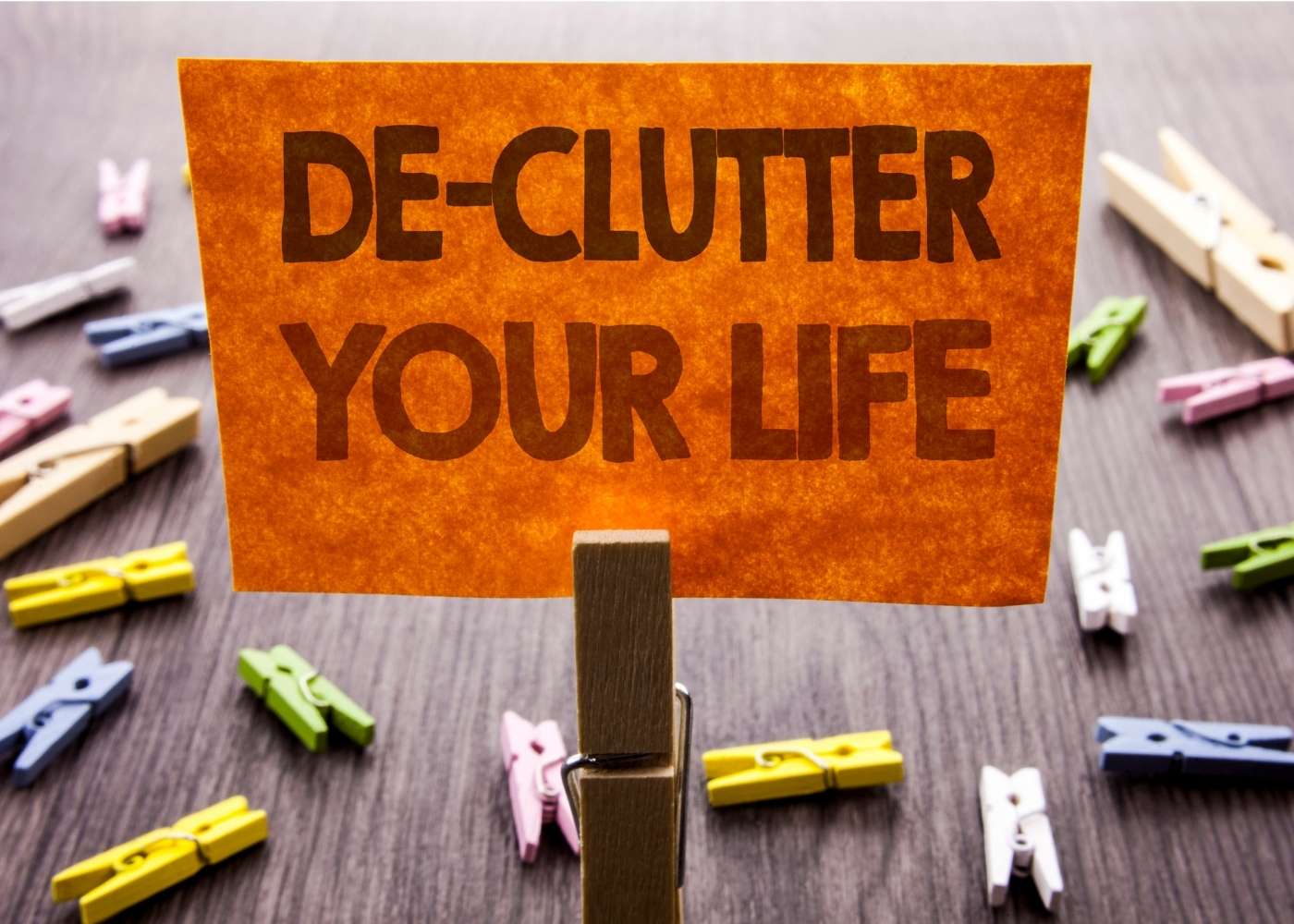
Phone skills- for when texts or e-mails won’t get the job done
M
y new headset for my landline finally arrived, after twice receiving headsets for cell and computer pairings. Audio quality is essential for my coaching calls, when I need to clearly hear someone, rather than see them.
Phone skills are important in business, when texts or e-mails won’t get the job done. It’s both what you say and how you say it that sends a message. Here are a few tips to get the best mileage out of your time on a call:
- Stand rather than sit; you’ll get better vocal production out of yourself, and you’re not tethered to one place (I like to walk around and talk with my hands on calls)
- Make sure that you know where the mic’s sweet spot is, and adjust it accordingly
- Never eat or drink while on a call
And if you’re using your cell phone, get a headset that pairs with it so you can be free to move around or take notes.

Pick It Up (a Notch)
T
his week’s homework in my Client Communications class was the cause of much wincing and discomfort. The dreaded assignment was to record themselves leaving three different voice messages to potential clients, colleagues etc. You’d have thought I asked them to recite their most painful memories.
Many said that they don’t like the sound of their voice, which is common, and if you Google it you’ll learn the science behind this. But the fact is, phone skills are still vital to conducting business…texting and emailing alone won’t get the job done. You have to be able to speak with confidence and conviction when you’re having business conversations.
Young people are growing up digitally and not learning the basics of talking on the phone. Oh, the irony…when I was growing up parents everywhere complained about how much time their children spent on the phone. For my sixteenth birthday I was given my own phone line and number, and spent hours on it.
If your own phone skills are weak or non-existent, I have one piece of advice for you: start slow and easy by making a few phone calls. Low-stakes calls at first, to help ease you in to the practice. And if you don’t have a headset, they make a huge difference in comfort while you’re on the call so think about getting one. When I’m on a coaching call, I have the freedom to walk around or sit and take notes and I don’t lose any energy trying to manage the phone itself.

Once you start, you will certainly experience the benefits of a call…you get a lot more information when you hear not just what the other person is saying, but the all-important how they’re saying it is what really informs.

Is Your Voice Pleasing to the Ear, or a Turn-off?
“The human voice is the organ of the soul.” Henry Wadsworth Longfellow
My client recently recorded his first-ever webinar and then sent me a copy to review. He did a fantastic job and I was amazed at how smoothly he executed his delivery, because as I’ve said before, webinars are a breed apart when it comes to presenting skills. I called him right away to congratulate him. And you know what? He hadn’t even listened to it, saying “I hate the sound of my own voice.”

“Really? Well, if you don’t listen to playback, how can you even know what you sound like?” He didn’t have an answer for that, but said merely that he’s always felt that way. And he’s hardly alone. Many people that I work with have said the exact same thing. I’ve realized that it’s not so much that people don’t like their voice, as they’re not used to hearing it, as odd as that might seem in these days of ubiquitous recording devices. But it’s true. So when they do listen to playback, they’re often surprised at what they hear, but that should never lead to the conclusion of “I hate the sound of my voice.”
Don’t get me wrong-some voices are grating and unpleasant-one woman I know has a strident, high-pitched voice that’s like fingernails scraping across a chalk-board. It’s hard to listen to and even more difficult to hear what she’s got to say because of it…BUT, the majority of people sound just fine. To help you get past any resistance, I encourage you to record a sample of yourself reading from your favorite literature, a book, song, poem etc. Focus on the meaning of the words, rather than the sound of them.
When you listen to playback, you want to notice a few things:
- Pitch of your voice- this means how high or low in your vocal register you are. When we get nervous, the pitch of the voice can go up, because our vocal chords are muscles, and when they get tense, they tighten up.
- Pacing-this refers to how quickly or slowly we speak. Again, when nervous, the pacing can often pick up to a point that it’s hard to follow the speaker.
- Upward or downward inflection- this is usually at the end of a sentence, and it means you are completing your thought on an up note, as if asking a question, or on a downward note, as in making a statement.
- Vocal fry- this drives me right around the bend. It’s when people try to sound husky and speak in an unnaturally lower register. It used to occur mostly among younger men trying to infuse a bit of gravitas into their sound, but now women are doing it too.
In these days of texting and emailing, the person who picks up the phone to communicate is ahead of the pack. You can convey and receive much more information using the voice…it’s more nuanced and you get the meaning of the words, but also the energy and intention that go along with them. Is your voice accurately conveying what’s in your soul, as Longfellow suggests?

The Profound Effect of Clutter on Communication.
“As within, so without.”
Socrates
I once worked with a financial analyst who was bright, charming and surrounded by clutter in his office. It was a beautiful space, with views of Rockefeller Center, but all you could notice was the stuff. It was distracting…photos everywhere, piles of files, books, athletic gear, and a big ball made up of rubber bands that had made the last three moves with him. That’s what most of his clutter was…stuff that he hauled around but never gave much thought to.

We would get together in one of his firm’s meeting rooms, and then go back to his office to set a date for the next rehearsal. The difference in the two rooms was always so striking, that one day I asked him if he was open to cleaning up and clearing the clutter. He blushed a bit (he was known at his firm for his muddle) but immediately said yes.
It didn’t take too long, and it really paid off. We got rid of a lot of stuff, organized what remained, and tossed out the rubber band ball. We re-positioned photos of his wife to places where he would notice them. Colleagues started stopping by, as word got out. Their amazed faces when they walked in told me we’d gotten it right. It was a transformed work space, and now he’d be much better supported for the demanding work he did.
If you are in such a position, one of the best things you can do for yourself is to look at your space with “fresh eyes.” Walk in and notice everything. How does it make you feel to be in your workspace? Are you able to think and focus?
If not, do not think poorly of yourself, which does no good. Just gently start going through your objects, one by one. If you don’t love it, or find it useful, then it’s clutter and it’s having a major, negative effect on you. It’s an energy drain. Get rid of it, and welcome in the energy that the clutter has been blocking!

When It’s Me-Me-Me-Me, I Say Meh.
oh, it’s time for a short break from the networking circuit. It’s been an intense 2 month affair with hopping from event to event; I’ve been to breakfasts, day-long seminars, evening meetings, dinners, and workshops. I’ve introduced myself to large groups of people I don’t know at least 17 times, and listened to hundreds of other introductions, none of which I remember. Twice I paid $15 for a single glass of wine.

After close observation, I can tell you that I see a few “types” who turn up consistently, some of whom I adore and others who are nothing but energy drains. The latter are the ones to be wary of. This is how they play the networking game: they talk only about themselves. At great length and in elaborate detail, they will talk your ears off if you let them. Sufficiently successful in their business, they feel no need to even pretend to take an interest in yours. They are shameless showoffs, and I’ve seen more than a few who are clearly over-rehearsed in telling their “stories.” As a communications coach, I find it embarrassing, boring & mildly infuriating.
My advice to anyone who unwittingly finds themselves in the position of “audience” to these types is to interrupt politely (they won’t be coming up for air) and walk away. I’ve made the mistake of thinking that I could engage this type in genuine conversation, but they’re not interested. They’re playing a different game, and it’s not one that I respect.
